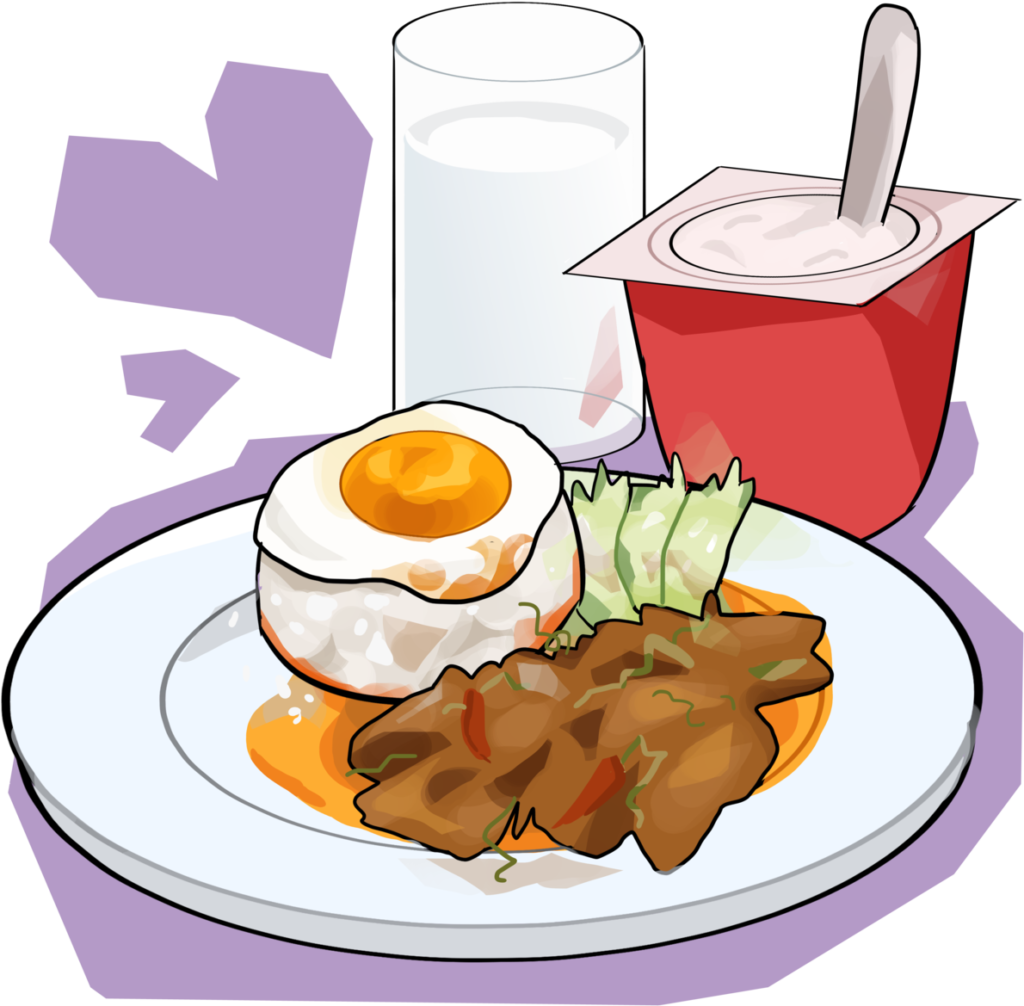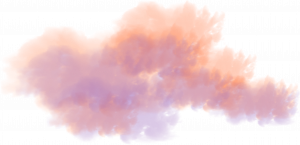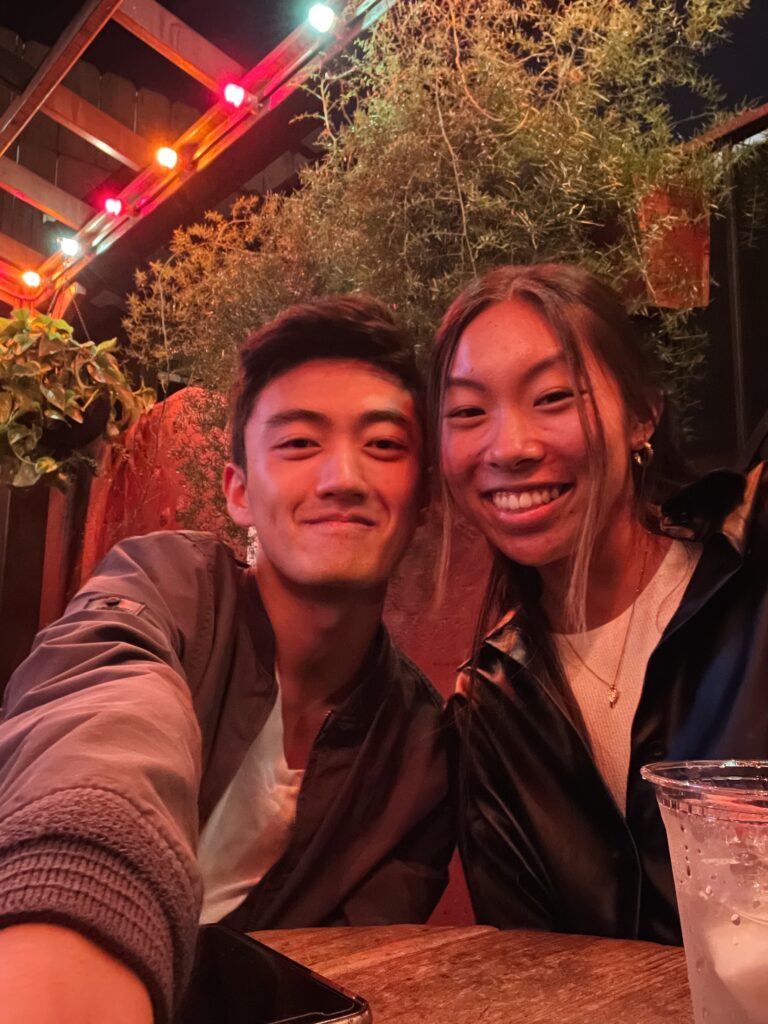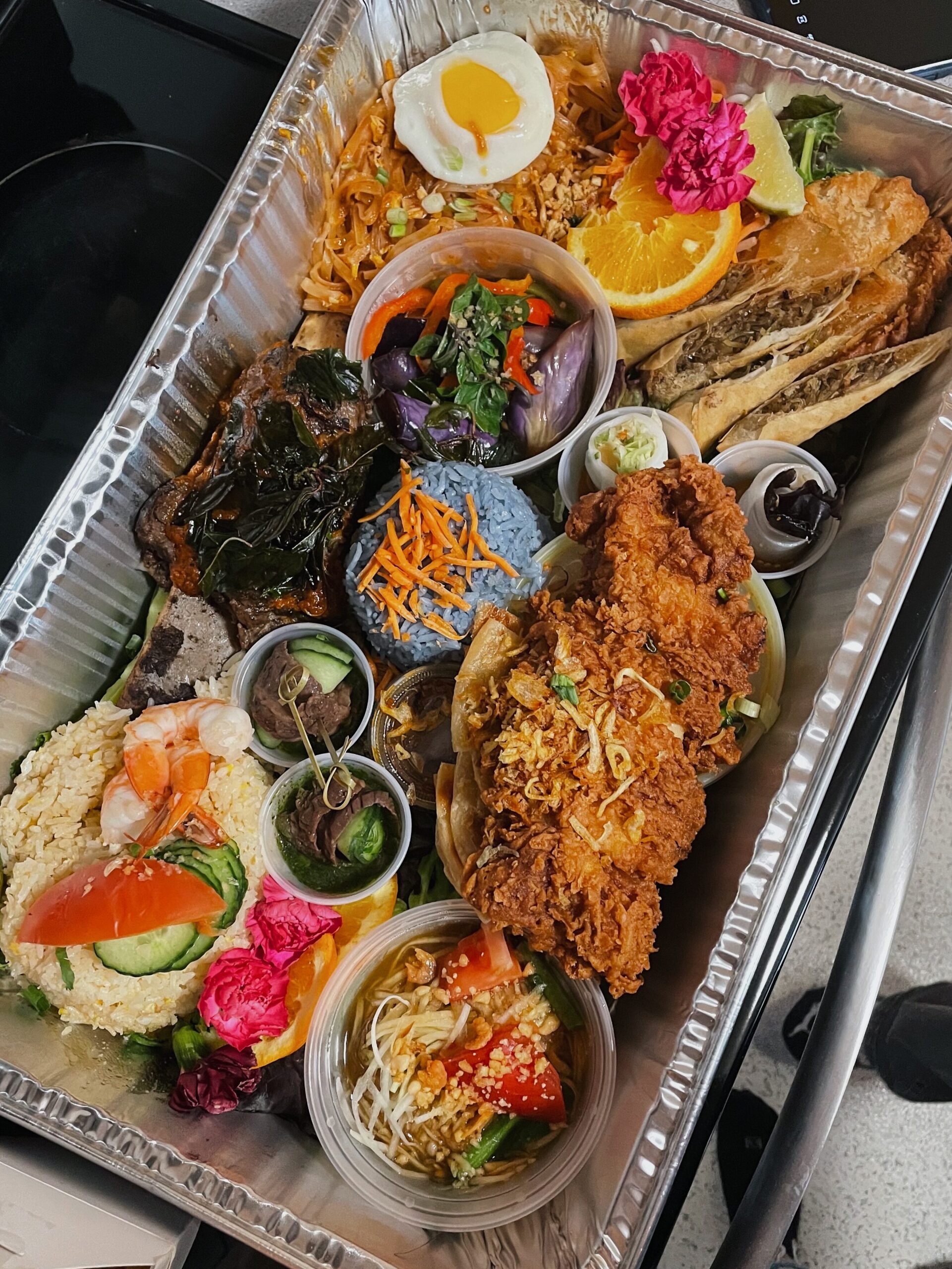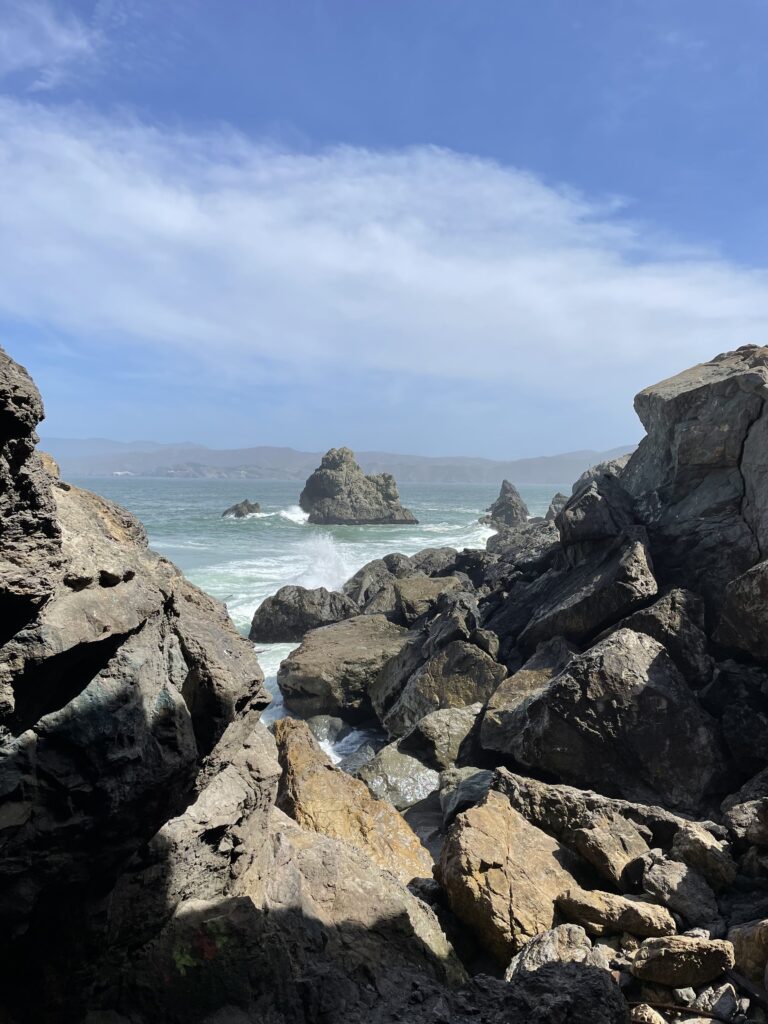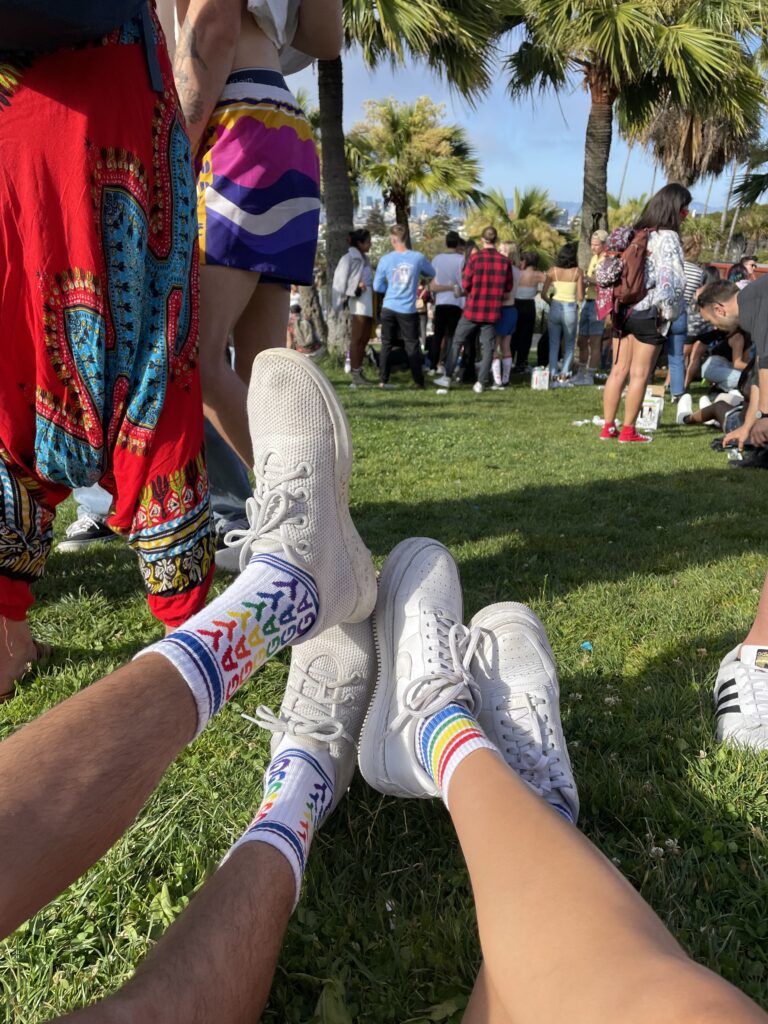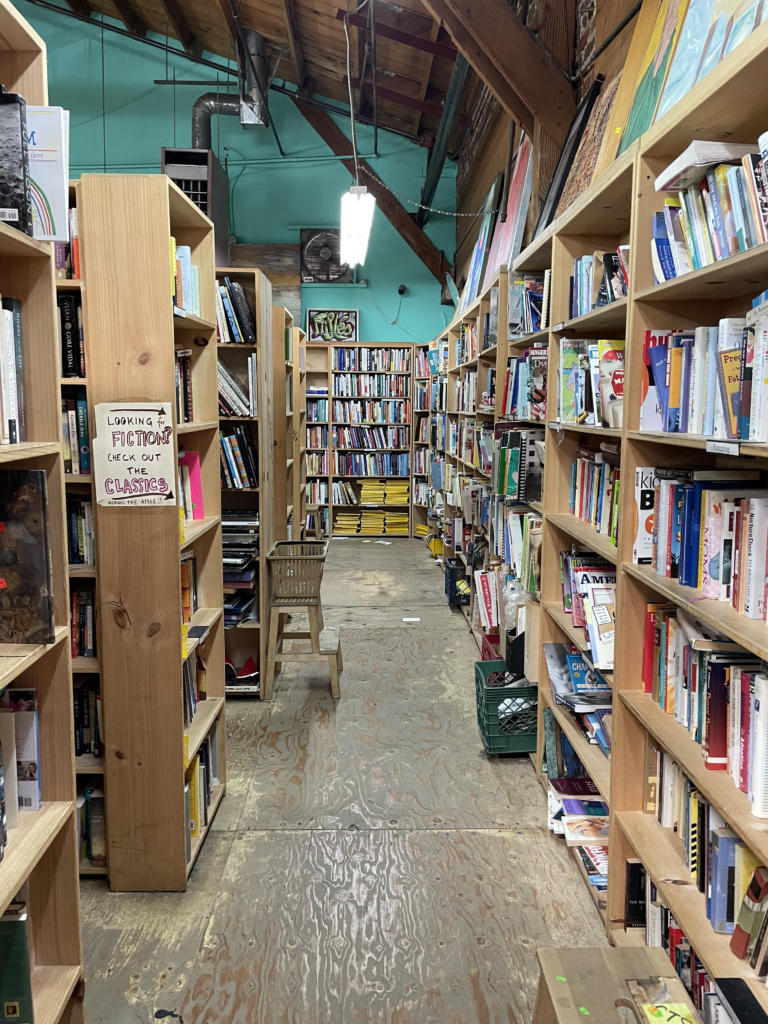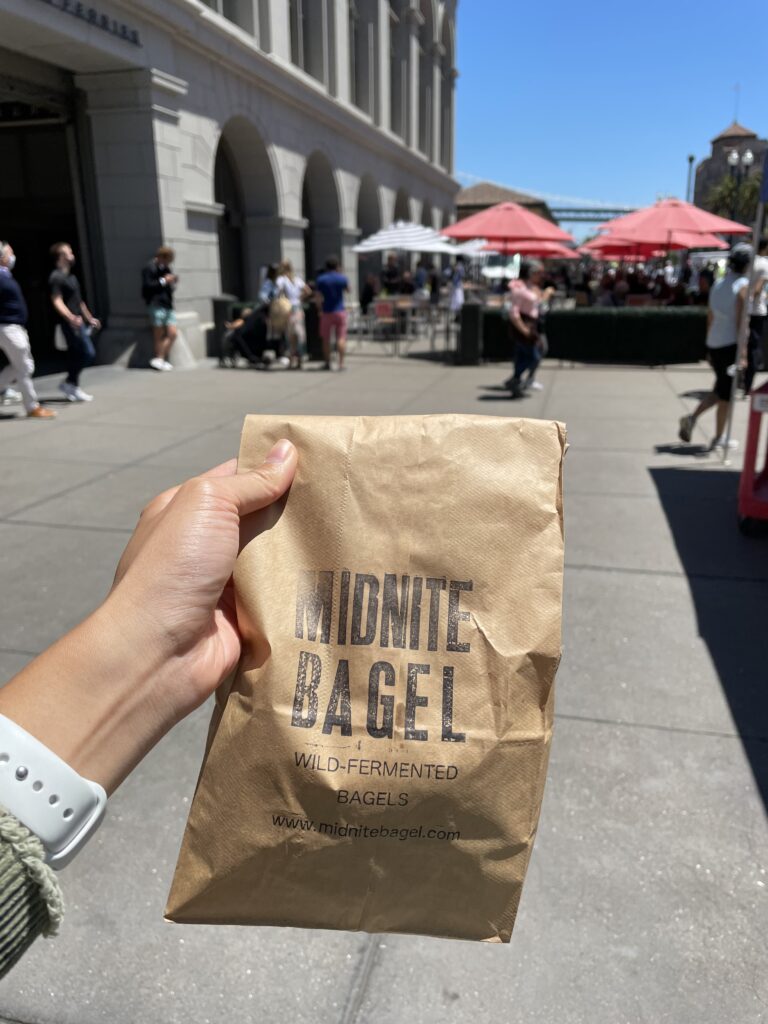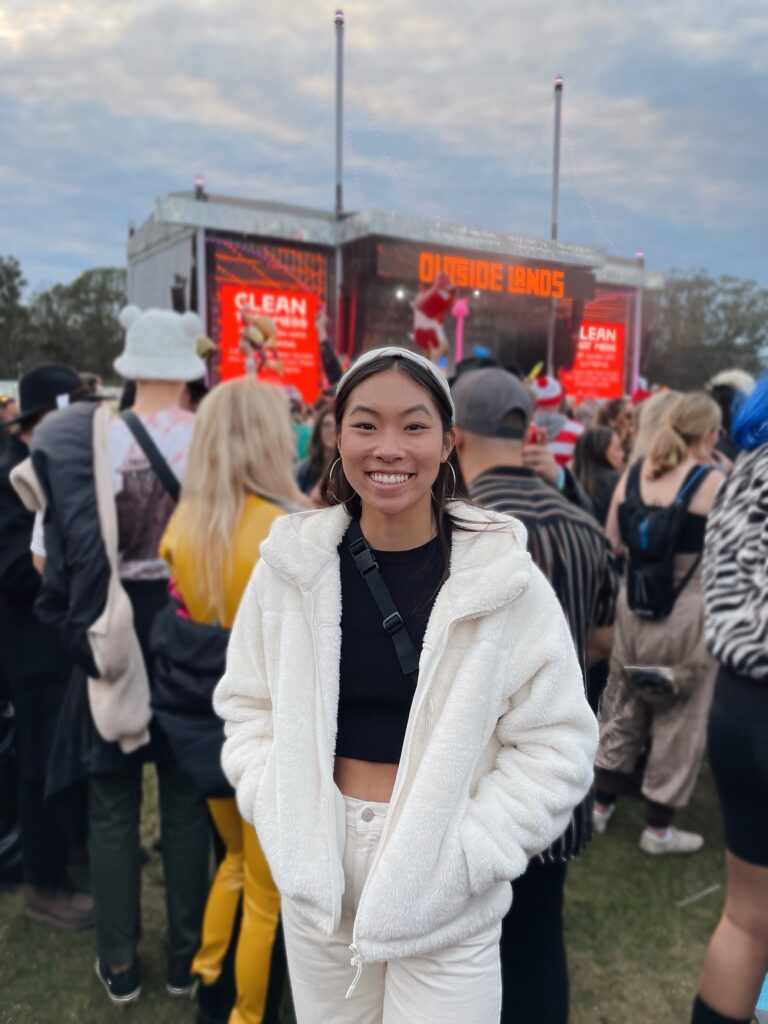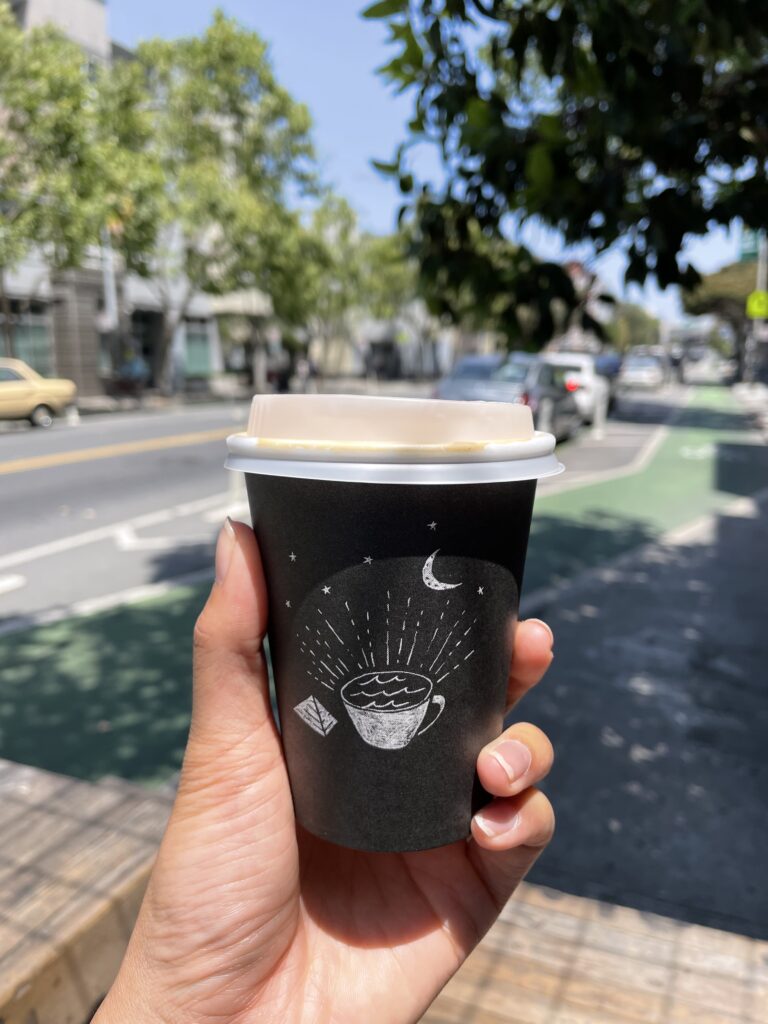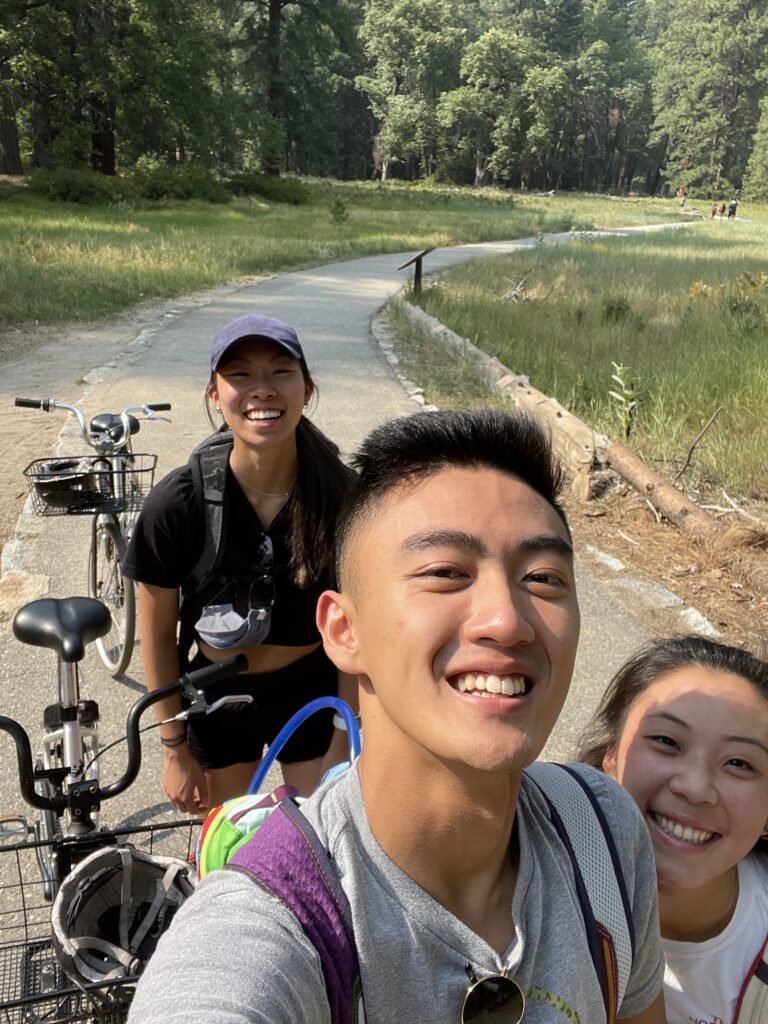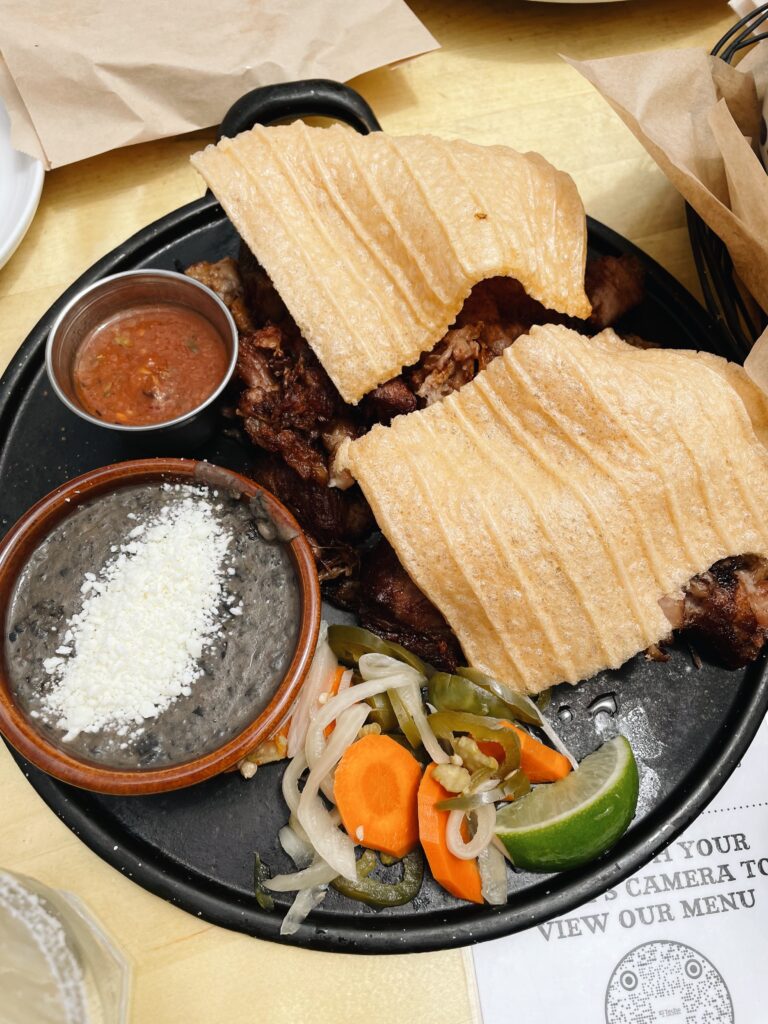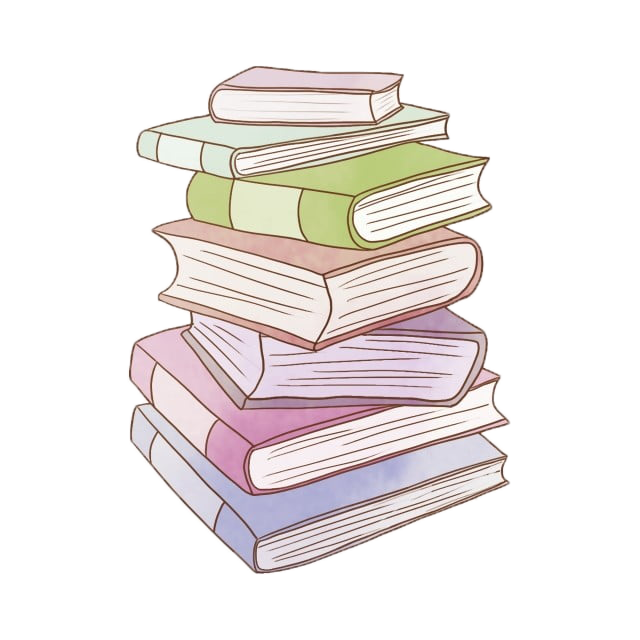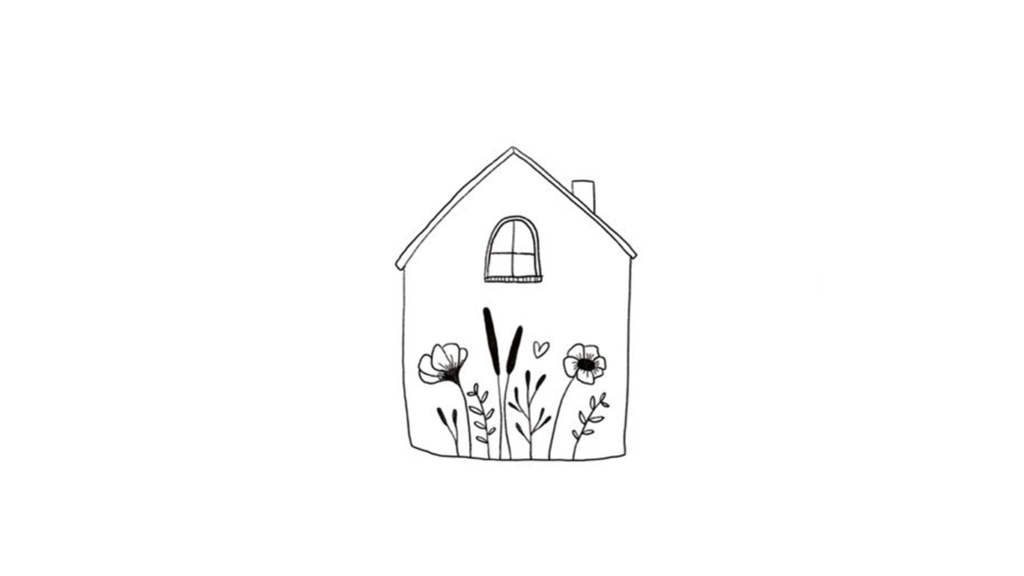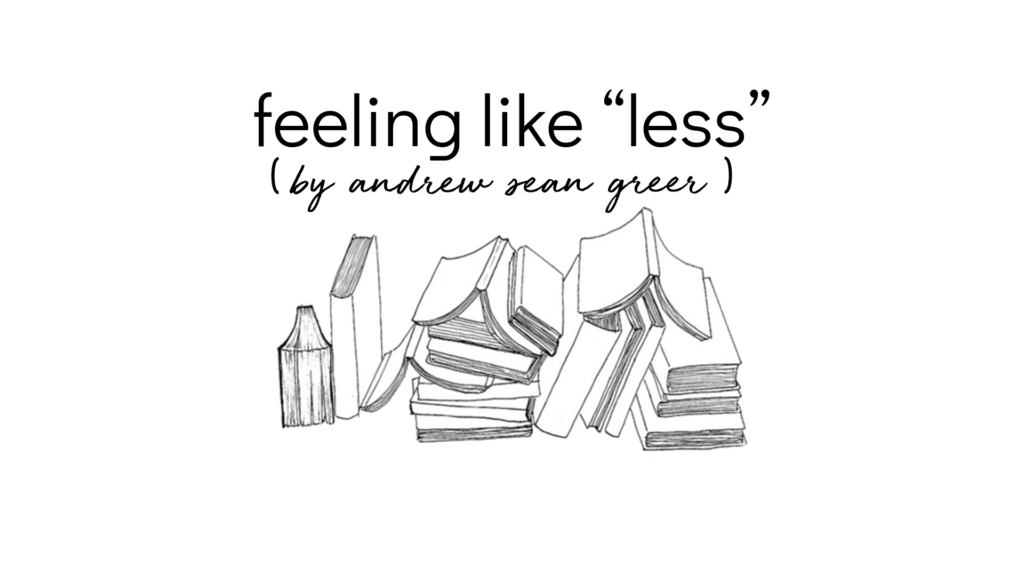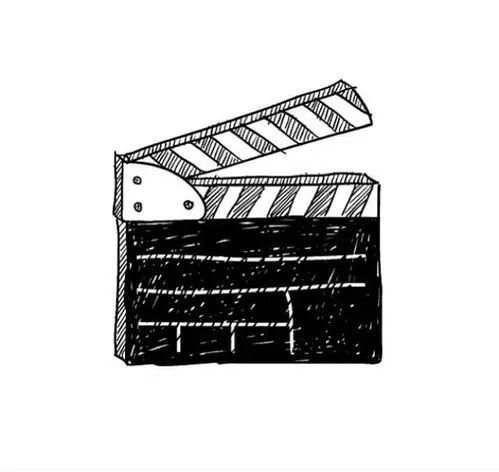I love San Francisco. It's my first home away from home. It's the setting for my post-grad story as I grasp this new life that's entirely my own with both hands. The feelings after graduating from college can be all over the place, and are bolstered with a sense of freedom that can be either invigorating and stressful (usually, it feels like both at the same time). But it's also exciting; moving to a new city also means new places to go, foods to eat, and people to meet. Here's a list of 10 of my first experiences in the city to celebrate one year of living in San Francisco.
My first drink
Zeitgeist: I moved from my college apartment in San Luis Obispo to San Francisco - there was no time in between. My dad took the train from Fullerton to meet me in San Luis Obispo, volunteering to drive the U-Haul carrying everything I owned into the city. To celebrate my first day in the city, my dad took Brian - my roommate - and I to Zeitgeist, a dive bar / beer garden around the corner from our apartment. I love coming there; the staff are friendly, the drinks are cheap, the food is good, and they host live music on Wednesdays and Sundays (which is the best part).
My first meal
Farmhouse Thai Express: A year ago, the city was a little quieter than it is now, with COVID restrictions just starting to ease up. Farmhouse Thai opened a few pop-ups in the city (including the one my dad and I went to in Lower Haight) that were takeout-only as a way to support the restaurant and its employees. My dad wanted to try the Little Lao set, which was a pandemic special filled with sample-sized portions of appetizers and entrees normally available at the main restaurant. My favorites were the Hat Yai Fried Chicken and the samosas. I recommend checking out their main restaurant in SF; you're guaranteed to eat some good Thai food.
My first hike
Land's End: When Brian and I moved to the city, we spent our first few weekends being tourists in our new home. Located in the northwestern part of the city, Land's End is characterized by its rocky cliffs, ocean views and Cypress trees. This is part of why I've grown to love San Francisco; nature is so accessible. In just a few minutes, you can disconnect from the bustle of the city. We walked along the Coastal Trail, which takes you toward the Golden Gate Bridge. You can see the ruins of Sutro Baths and even three shipwrecks just off the coast. Afterwards, we treated ourselves to a meal in Inner Richmond - my favorite part after a hike!
My first park hang
Dolores Park: I looooove Dolores. We came during Pride Weekend after just a few weeks of living in SF, and it was the first time I witnessed how people come together at the park (yes, we really do just sit on the hill for hours at a time). The best part is that everyone is just doing whatever they want, which makes for great people watching. That summer, I'd walk over in the evenings after work and sit by myself with a book and a blanket, and then rally together a group of friends to drink, eat, and catch up on the weekends. It's a space that you can make your own, while respecting that everyone around you is doing the same.
My first bookstore
Community Thrift (does that count?): A thrift store on Valencia in between 17th and 18th, Community Thrift is my go-to destination whenever I'm feeling stressed. Their book section is extensive, and refreshed regularly with newly-donated books. There's something about picking out books that have already lived nine lives in the hands of others that makes me feel more connected to the stories. I always find books that I wouldn't have otherwise read, like a memoir about Oliver Sacks (Insomniac City) or a once-a-day creativity journal (1 Page At A Time). They stock the ends of the bookcases with new arrivals, so that's my first stop whenever I come into the store.
My first farmer's market
Ferry Building: Going to the farmer's market at the Ferry Building is part of my weekend ritual. Every - or almost every - Saturday morning, I'll take the F bus line (the one with the vintage streetcars) down Market Street and walk down to the Embarcadero. I love wandering through the lines and lines of vendors, picking out fresh produce or grabbing a bite to eat. The first time I went to the farmer's market, it was nearly 3 pm and it was just about to end. I went to Midnite Bagel, and they gave me three bagels for free. The farmer's market is one of my favorite weekend activities; I highly recommend checking it out.
My first festival
Outside Lands: Outside Lands typically takes over the Polo Field at Golden Gate Park during the summer, but in 2021 it was pushed into October because of COVID restrictions. It fell right around Halloween, so everyone was sporting their costumes. I dressed in what I told myself was an 80s-inspired outfit, but I just wanted an excuse to wear big hoops and my beige pants (not that I even needed one). It was one of my first music festivals, so I only committed to Sunday. I wanted to see Kehlani and Rufus du Sol (surprisingly, my top artist of the year). The festival had pop-up shops, art installations, and a cannabis garden; it was so much fun.
My first espresso drink
Four Barrel Coffee: Anyone that knows me knows how much of a coffee connoisseur I am; I admit, I'm a bit picky when it comes to espresso. One of the only oat milk cappuccinos that I think is worth the $6 in SF is from Four Barrel, a neighborhood coffee shop on Valencia (and also a 5-minute walk from me). They offer pastries from Neighbor Bakehouse, display local artists' works on the walls, and only play music on a record player. I come here once a week in the morning before I start my workday as a way to treat myself and get out of the apartment.
My first trip outside SF
Yosemite National Park: When I moved to SF, I had never been to Yosemite. In August 2021, my friends and I decided to introduce me to the park on a spontaneous day trip. It was my first time going on a hiking trip since moving out of San Luis Obispo, and I was in need of a good dose of nature. It was just after the height of the wildfires that year, so it was dry. But we ended up doing a few hikes, including the Lower Fall Trail which had a view of Half Dome. It's on my list to go back and hike up Half Dome; there's still so much to the park that I haven't explored yet!
My first brunch
El Techo: The only rooftop bar in the Mission, El Techo serves Latin American street food. On a rare sunny summer day in SF, a few friends of mine from college met up with me for brunch. The sky was so clear that we could see downtown, and it was the perfect way to kick off my first summer in the city. We started with a margarita pitcher, and then ordered the Chicharrones de Carne to share as well as several other brunch plates. El Techo has great dinner and happy hour menus, but I think their brunch is my favorite - it's so good.
Those are ten of my firsts in SF - and there are many more where they came from. Every spot I mentioned is also one of my personal recommendations for the city. I truly love this city, and I can't wait for more experiences as I start my second year (we just renewed our lease) as a resident here!
